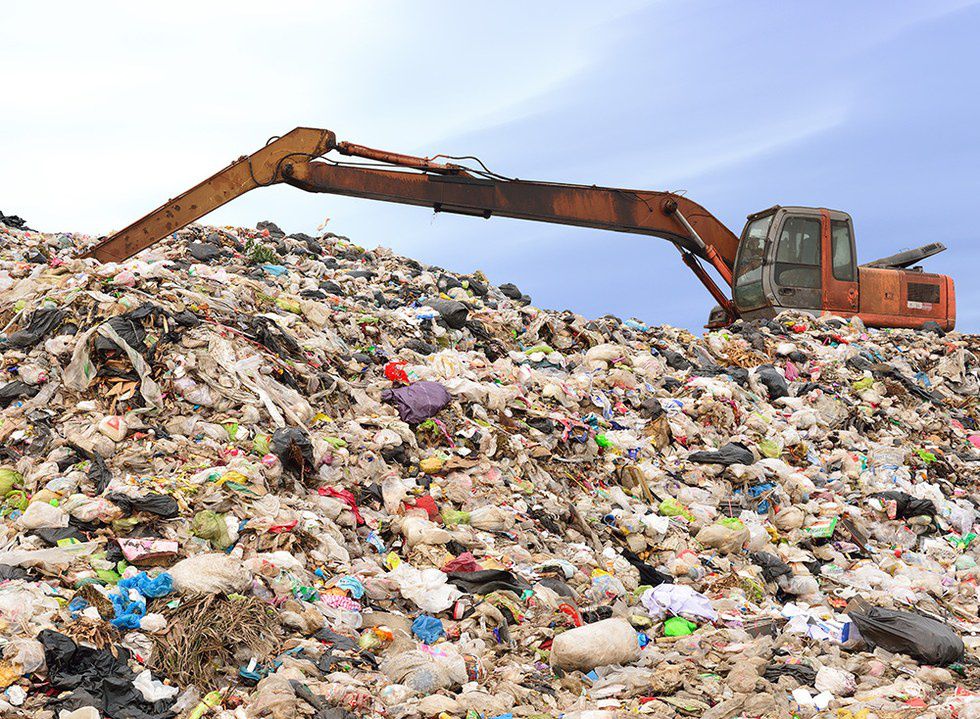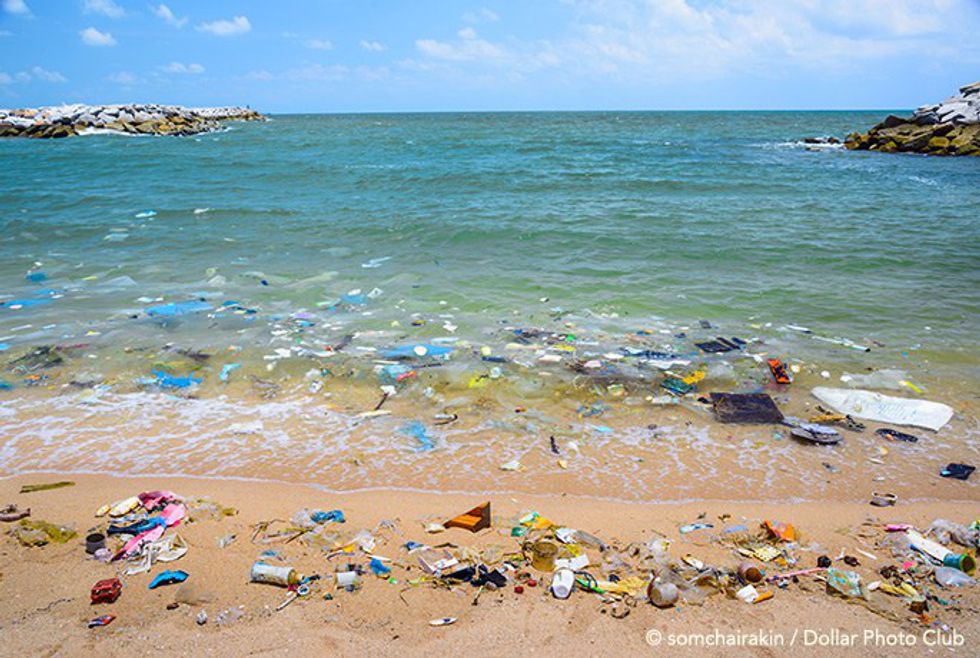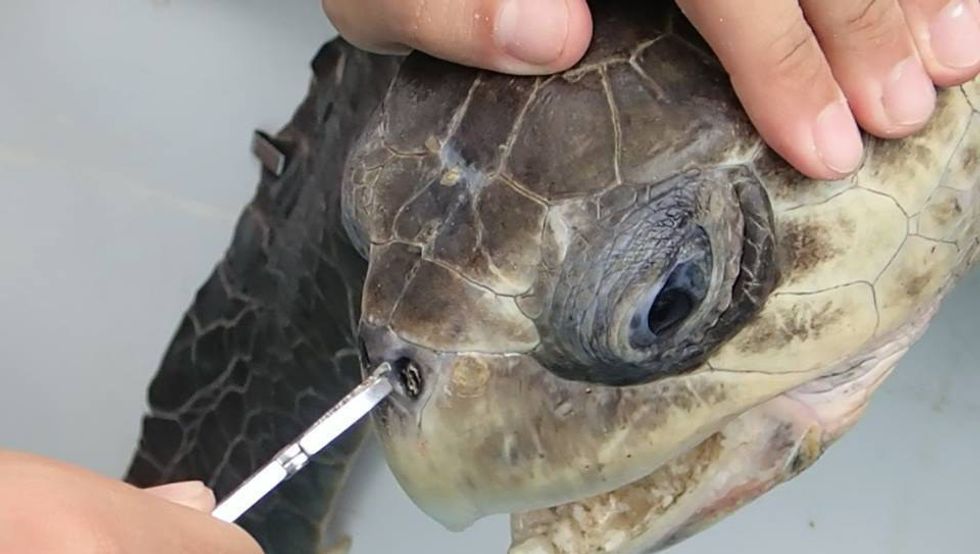“We’re doomed to live with yesterday’s plastic pollution and we are exacerbating the situation with each day of unchanged behavior,” Rolf Halden, associate professor in the School of Sustainable Engineering at Arizona State University
There's no question that American's love plastic. Just go to your local store and you'll see plastic everywhere. It's lightweight, cheap, and sometimes one use (because who likes cleaning, right?). However, do we really know where that plastic shopping bag or bottle goes after we throw it in our overfilled garbage can? Let me show you...
These plastics end up everywhere. In overfilled landfills, water ways, city streets, and even in animals. Our overuse of plastics is causing a major problem that if continued, we'll be forced to address.
So I should just recycle more?
The good news, many plastic water bottles are 100% recyclable, the problem is they often don't make it to recycling facilities. Go to your recycling service website and learn how you can properly recycle. Now for the bad news, About 7 billion pounds of Poly-carbonate plastics are produced each year. The chemical used in production of this plastic is called Bisphenol A (known as BPA), BPA is not recyclable. Here's a helpful image to know if your plastic is recyclable:
These symbols will always be on your plastics no matter what type. See the three to the right? Be wise when you buy and try to not purchase these plastics. For example, those plastic shopping bags most retail and grocery stores use are not recyclable! Next time you go shopping try to combine multiple items into one plastic bag, bring a reusable bag, or simply ask for a paper bag at the grocery store.
Plastic and your health
In today's world it is almost impossible to completely avoid plastics. Bisphenoal A is used in canned foods, bottles, food packaging, and even on some surgical equipment. Almost every human has measurable traces of plastic in their blood and urine. Here's a simple list of many side effects BPA can have on our health:
- breast cancer.
- prostate disease and cancer.
- diabetes.
- obesity.
- hyperactivity.
- impaired, altered, and compromised immune system and functions.
- miscarriage.
- impaired female reproductive development
Sadly these aren't even all the known health concerns related in BPA in plastics.
What can you do?
1) Drink tap water! If you're concerned, buy an in home filter. Bottled water sits inside those plastic bottles for days, or however long you let your stash sit. Chemicals from the plastic gets absorbed into the water and bottled water typically only goes through a small number of filtration steps.
2) Use a reusable shopping bag, if you forgot yours then ask for a paper bag or use a small number of plastic bags.
3) Write to your local government officials and fight for the ban of BPA use and plastic shopping bags. Here's an organization that will help you get started: http://www.bagtheban.com/in-your-state
4) Do you really need a plastic straw for your drink? While at restaurants, especially if you're just drinking water, skip the straw. Animals will thank you.
5) Buy food in bulk, not only will you save money but you'll also save all the plastic waste.
6) Bring a reusable cup to your favorite coffee shop, many places will even give you a discount.
Please note, banning plastic all together will not happen in the near future. We rely on plastic for cars, computers, medical devices and so much more. However, could you imagine if everyone starting following my six simple steps? The use of plastics would drastically decrease.

























